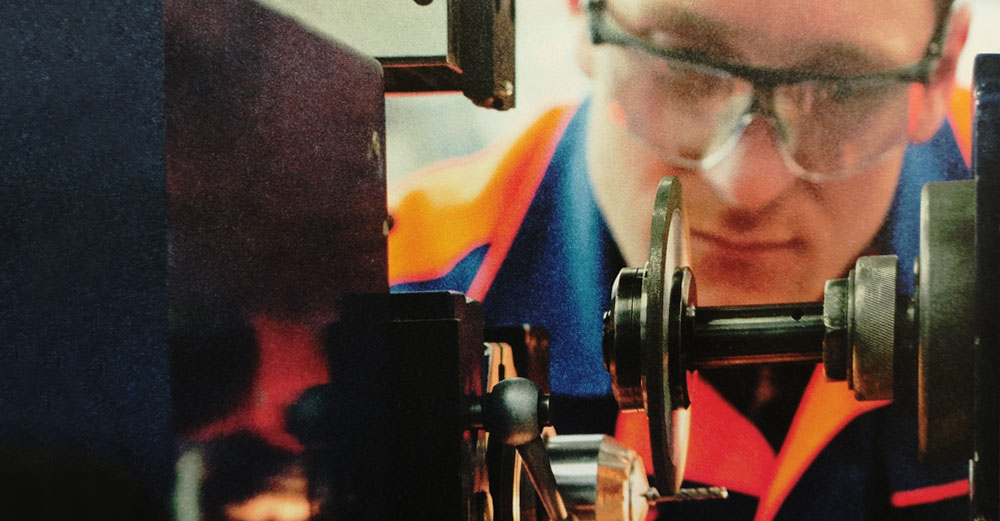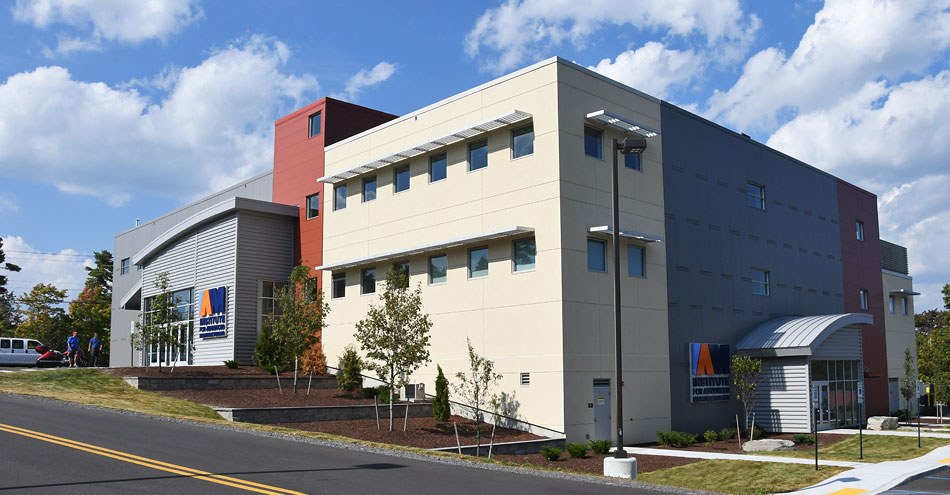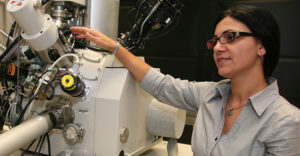
The face of manufacturing is changing. Long considered a necessary trade, it’s no longer just a group of employees operating conveyor belts and forklifts. Businesses are now looking for workers with a different, more advanced skill set to meet the needs of 21st century manufacturing. Manufacturing now needs skills computer aided design, electrical engineering and technology, and much more to design and deliver the modern technology and products used in homes and business across the globe. And these skills are needed in New York too.
Manufacturing is critical to New York’s economy, with $58.77 billion in manufactured goods exports in 2016 according to the National Association of Manufacturers. Skilled labor is needed in order to export that many goods, which means employment becomes readily available to those who can bring those skills to the job. 24.20 percent of New York’s employment was driven from exports in 2011.
There are many different aspects to manufacturing that help bring these numbers to the market. From industrial to textile or electrical, manufacturing is the backbone of the American economy. At SUNY, we recognize this, which is why there are some great programs available for students at a number of campuses.
Advanced Manufacturing at SUNY

The newest example of SUNY’s impact on manufacturing is the Institute for Advanced Manufacturing (IAM) Center at Clinton Community College. In September of 2014, Clinton Community College and its partners secured $12.7 million through the SUNY 2020 challenge grant program to construct the IAM. Having just opened on September 28, the 30,000 square foot state-of-the-art facility is designed and equipped to provide the best hands-on technology training and support advanced manufacturing throughout the north country.
The facility houses Clinton’s technology degree programs and will serve as a regional hub for manufacturing education with flexible teaching and learning space as well as offering courses for manufacturers to advance their workforce. Students will be working side-by-side with industry leaders providing them an excellent path to success.
In addition to Clinton Community College’s expanded approach to manufacturing, many other SUNY schools offer access to manufacturing skills education and training.
Erie Community College received funding to expand the electrical engineering program to meet local advanced manufacturing needs in 2015. This program is meant to enroll local residents in the electrical engineering program so that they can go on and find employment in electronics, utility industries and any field that needs electrical and electronics technicians.
Mohawk Valley Community College has a program in semiconductor manufacturing technology, a great program for those students who have an interest in nanotechnology and hands on careers. MVCC wants to ensure the graduates from this program have all the knowledge needed to thrive in their industry, so students take courses in circuits, electronics, computer programming, high-vacuum technology, modern production methods and statistical quality control, motors and controls, fluid mechanics, chemistry, and semiconductor manufacturing. These students may have a hand in designing the future of personal computing and nuclear medicine.
Niagara County Community College expanded its advanced manufacturing technician program in order to give students the opportunity to compete in an ever-changing market with varying needs. The universal need of being more efficient at lower cost, while still sustaining customer satisfaction, has fueled the demand for constant re-tooling of personal and organizational skills. Niagara’s program is geared to make students top prospects in this field.
This is just a start. To find a program within manufacturing that fits your specific interests, check out our search tool.




You are so correct manufacturing isn’t what it used to be. The advent of additive manufacturing, blockchain technology combined with the internet of things are three game changers coming together to create the next revolution in manufacturing processes.